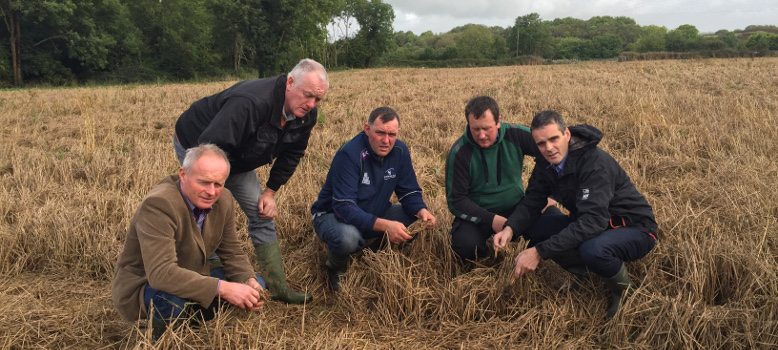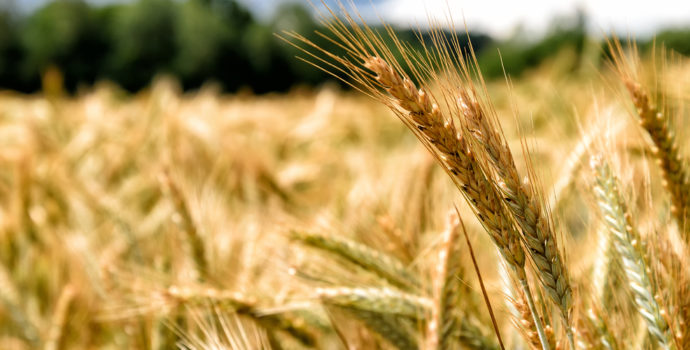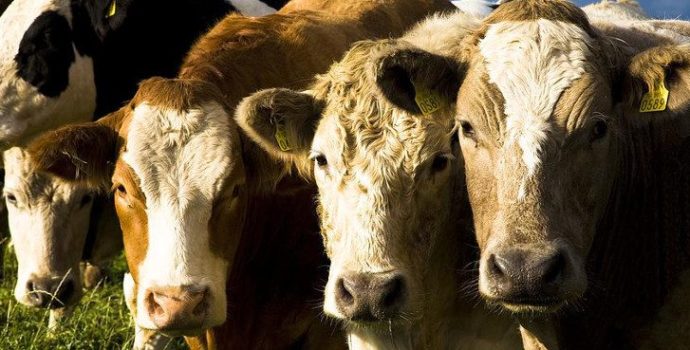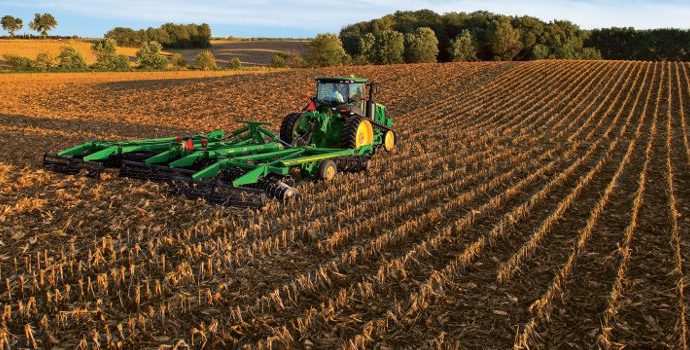Aid Package Needed to Ensure Sustainable Tillage Sector in Peripheral Regions

Following a meeting with officials of EU Agriculture Commissioner Phil Hogan’s Cabinet last Friday, IFA Deputy President Richard Kennedy said there are a number of crucial issues that need to be urgently addressed by the EU Commission and the Irish Government to ensure we have a sustainable tillage sector that can prosper in peripheral regions – mainly in the western part of the country – into 2017 and future years.
He said it is critical that a financial aid package is put in place as a matter of urgency for these farmers who suffered significant crop losses given the dire financial straits in which many find themselves, owing to a significant force majeure event.
Mr Kennedy said, “The most immediate concern is the financial hardship and ruin facing many tillage farmers, estimated at around 400, such is the scale of crop loss in certain parts of the country including south and west Cork, Kerry, Galway, Roscommon, Longford, Mayo and Donegal after the most difficult harvest in more than 30 years. Many of these growers are facing losses in excess of €500/ha as crop and straw returns will be significantly below the cost of production estimated by Teagasc at over €1,100/ha for spring barley.”
IFA National Grain Chairman Liam Dunne said, “Met Eireann weather data for these areas showed that incessant rain (25 rain days) combined with high relative humidity and / or a lingering sea mist (20 wet days) for much of September took a severe toll on crops – essentially west of a line from Cork City to Donegal. In many of these regions individual growers experienced excessive crop losses running from 25% to close on 50% with straw loss averaging around 50%. As a result many of the affected growers are under extreme psychological pressure owing to the severe financial stress, not having experienced weather conditions and crop losses like this since 1985/1986.”
“We are now into the fourth consecutive year of low grain prices and this is hampering growers’ ability to weather this financial storm. Exceptional yields pulled most grain farmers through 2015 with the exception of parts of Cork and all of Donegal. Despite this, growers’ cash reserves are severely depleted following two tough years in 2009 and 2012 and four years of falling prices, which are now significantly below the cost of production.”
“It is vital that cereal production is maintained in these regions as the continuing supply of locally produced grain is important in stimulating much needed competition in the feed market as well as providing a valuable source of straw for the livestock sector. Cereal production in these predominantly permanent grassland areas also creates much needed biodiversity. However, the crop diversification rule is increasing the risk of crop loss for many growers by extending the harvest window in areas where the harvest is naturally late. This needs to be amended to allow growers to undertake equivalent practices which will address environmental concerns while reducing the risk of crop and income loss for growers.”




